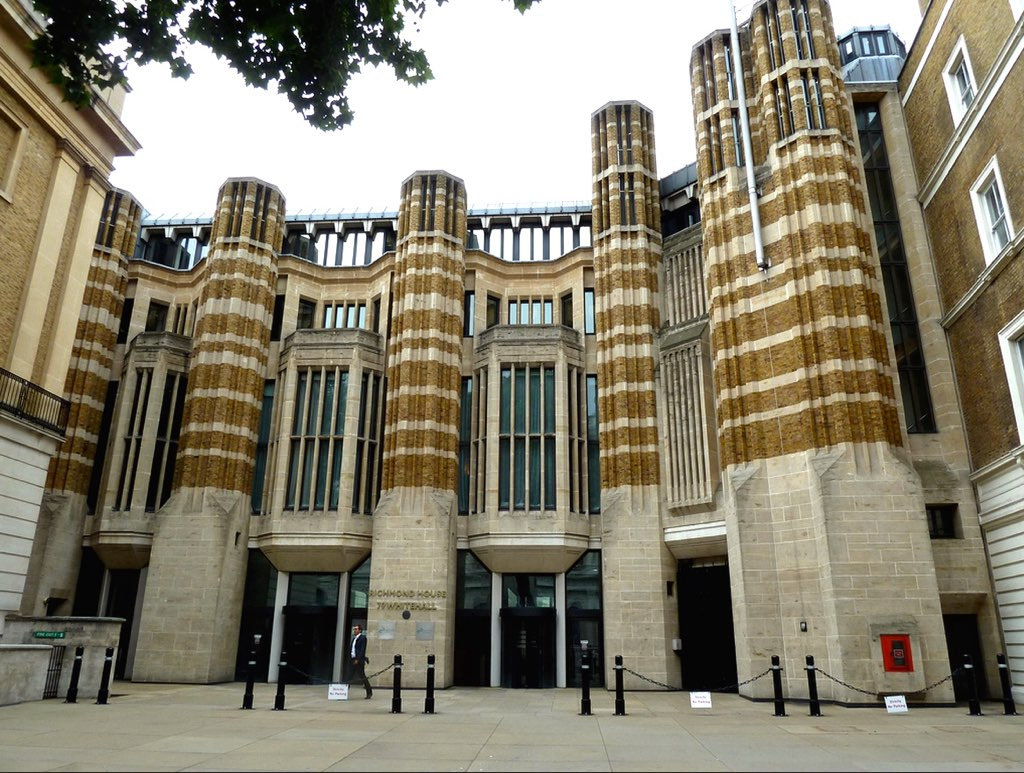AstraZeneca: UK medicines deal not delivering

The head of AstraZeneca in the UK says the country's deal on paying pharma for medicines is not delivering on its promises, and warned her firm would not sign up to the deal again.
AZ's Lisa Anson says the Pharmaceutical Price Regulation Scheme (PPRS) deal has not lived up to its promise, which was that new medicines would be used more on the national health service, in return for pharma agreeing a sector-wide price cap.
Speaking at the ABPI's annual conference in London yesterday, Anson said it was 'surprising and disappointing' that her company still faced numerous obstacles to getting medicines to patients.
The five-year deal is now into its second year, and Anson hoped it could start to function as promised.

AstraZeneca's Lisa Anson
"If it doesn't, we [AstraZeneca] won't be doing another agreement like this," she said.
The new PPRS was launched in January 2014, with pharma agreeing to return money to the NHS if it exceeded a price cap on its medicines spending, currently £10.7 billion a year.
The industry body negotiated the deal at a time of austerity in the UK, and hoped the pay- off would be fewer barriers to access to new medicines, uptake of which has been slower than in most western European countries for decades.
The signs are that companies which have lots of new drugs in specialist care have done well out of the deal, but others haven't fared so well. AZ has a major presence in primary care, where local Clinical Commissioning Groups (CCGs) can still block access.
One of AZ's most important therapy areas is diabetes, and its relatively new treatment Forxiga is facing numerous blocks to access, including new draft NICE guidelines which marginalise Forxiga and a host of newer drugs.
Lisa Anson told pharmaphorum that a backlash against the guidance from doctors may now force NICE into a re-think. Nevertheless, the delay is symptomatic of an NHS still not geared up to adopting new treatments.
Anson called for there to be more 'accountability' for uptake in the light of the PPRS compact.
"We know the industry has done its part of the deal, but [now] we want the NHS to do its part," Anson told pharmaphorum.
ABPI figures show that the industry paid back £310 million to the NHS for 2014, money which the Department of Health has agreed must return to frontline clinical budgets, and potentially be re-invested in medicines spending.
However as this money is not tracked or ring-fenced in any way, whether or not the funds reach frontline clinicians is unclear.
Commitments not being met
Alison Clough, the ABPI's acting chief executive said she understood Anson's concerns, but said she was more optimistic about the deal working for pharma.
Nevertheless, the ABPI said the PPRS contains a number of commitments to improve the use of innovative medicines which are currently not being met.
Clough said the industry had always seen the deal as a 'one off' – however UK public spending is still expected to be in austerity measures when the deal expires at the end of 2018, whoever forms the next government.
The general election is less than two weeks away, on 7 May, and polls show that the future of the NHS is the single most important issue for voters. Nevertheless, health service experts warn none of the major political parties have fully addressed the NHS funding crisis.
This is likely to mean further upheaval in the NHS, and more pressure on drug spending. The industry is keen to broker risk-sharing and outcomes-based deals with the health service, but Anson said AZ's experience has been that the NHS is not yet able to cope with such novel approaches.
Cost effectiveness and affordability
The theme of the ABPI annual conference was the 'Affordability Conundrum' – undoubtedly the biggest question in the global industry, which is seeing increasing resistance to the high prices in cancer and other speciality disease areas such as hepatitis C.
Ironically, the company presenting the biggest affordability conundrum to the NHS wasn't present. Gilead, the company behind Sovaldi and Harvoni, the new high-cost hepatitis C drugs which can cure most patients with the condition, isn't a member of the ABPI. Gilead has also opted not to take part in the PPRS system, which means the money the health service spends on its drugs won't be capped, but is instead controlled via a statutory scheme. Sovaldi received NICE approval in February, but NHS England has requested the guidance is not implemented until August – two months later than usual, reflecting concerns about the cost to the NHS.
NHS England is understood to have forecast Sovaldi costing the NHS up to £1 billion a year, which would represent nearly 10 per cent of the total medicines budget.
Related content
Stay or go? The UK's PPRS and the statutory scheme for pricing branded medicines










